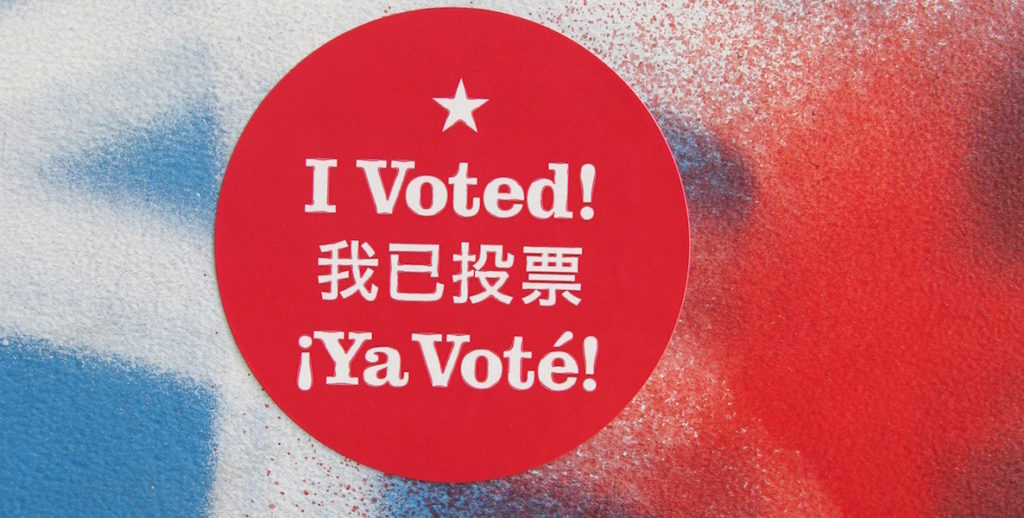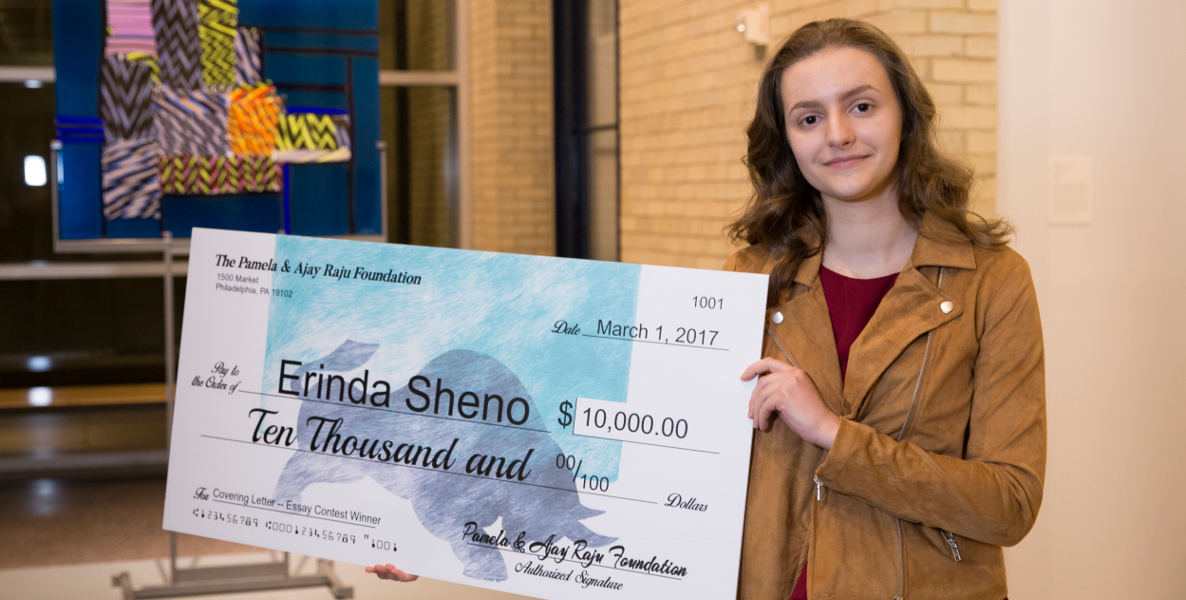November 8th, 2016: I go with my mother to our local voting place in Philadelphia, so that she can cast her ballot in the presidential election.
She wakes up early, as any time after noon won’t do, because she has to go to work. I get ready with her; I can feel that this isn’t like any other 10 o’clock morning. There’s a thoughtfulness — no, a sense of responsibility — in the way she goes through what are daily rituals: choosing an outfit, doing her hair, applying face moisturizer. Besides her usual t-shirt and bootleg jeans, she picks out a chunky grey cardigan and accessorizes with a vibrant purple scarf. She doesn’t rush in brushing through her red curls, or dabbing shea butter on her face.
Today, my mother is not running an errand, or going off to buy groceries. She is carrying out a civic duty: voting—powerful, important, separate from the everyday—warrants her special care.
I speak to her reflection in the bathroom mirror as she works with her sometimes unmanageable hair. “Today it’ll all be over.” I have known who she is voting for, for as long as she has known who not to vote for.
“Yeah… There is a little part of me, though, that is scared.” She looks at herself, at me through the mirror, then fully turns to me. “Let’s hope.”
In the past, my experience with elections and the franchise existed through CNN projections, and my parents. In the last historic presidential election of 2008, I can remember being 8 years old and badgering my parents to tell me who they were voting for. It had to be Barack Obama. I wanted it so. I told my dad, because my brother and I could not vote, our voices would be represented in their choices. So, it had to be Obama.
“It’s a secret,” my dad said.
Despite his reluctance to share his decision, I know that he and my mother do think about my brother and me when they make their decision, because they are parents. And when he votes, my dad is voting as a father, a husband, and an immigrant.
I am voting November 6th. I have to admit (though this might not be the right word) that I am excited. In the small community center with my mother, back in 2016, I witnessed democracy in live action. I felt that the belief, that one person’s vote does not count, could not be true in that moment. When I watched people go into the voting booths and close the curtain, I knew with the push of that button on the machine they were saying something. It confirmed that they were being heard.
I am by no means finished with marching. But at 18, I can do something more. Now, it’s time to vote.
This is one reason it’s important to show up at the polls. Another reason has to do with responsibility. Knowing that the right to vote was not always granted to all citizens (think about the 19th amendment giving the vote to women, ratified in 1920, and the Voting Rights Act of 1965), it is imperative to treat voting as a duty.
I am considering many things when I head to the polls for midterms; causes that I was not old enough to cast a ballot for come to the forefront. Marching for gun control and women’s rights were things I couldn’t do then.
I am by no means finished with marching. But at 18, I can do something more. Now, it’s time to vote.
Erinda Sheno is a freshman at the University of Pennsylvania. She is American-Albanian, and a native Philadelphian.



